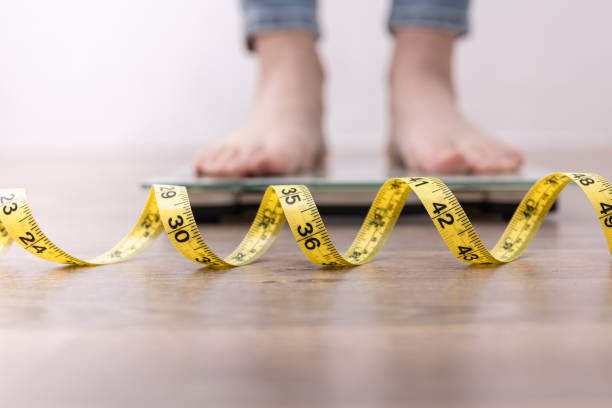
How to Lower High Blood Pressure? 6 Ways to Lower Blood Pressure Will Tell You at Once
High blood pressure is a very common disease. According to the latest research data from the National Health Service in 2021, in the UK, high blood pressure is the third biggest risk factor for all disease after smoking and poor diet. Around one in three adults in the UK has high blood pressure. In England, 31% of men and 26% of women have high blood pressure. Half of people with high blood pressure are not diagnosed or receiving treatment. In England alone, there are more than five million people that are undiagnosed.
The best way to prevent high blood pressure is to measure your blood pressure regularly. If your blood pressure is higher than the average person but not high enough to be considered high blood pressure, it means you may have prehypertension. Prehypertension and high blood pressure (Hypertension) are both serious conditions that can lead to heart disease and stroke. In today’s busy and stressful life, high blood pressure is becoming more and more serious among men, women, old and young. Here this article introduces you 6 good ways to lower blood pressure, so that you can stably control blood pressure and prevent kidney disease, diabetes and cardiovascular disease.
1.Eat a healthy diet
You can’t survive without food, but if you don’t choose what you put into your stomach carefully, your health or heart could be seriously affected. It is recommended to consume foods low in sodium (Sodium) and potassium (Potassium). Potassium can help lower blood pressure and prevent prehypertension. Supplementing a large amount of fruits, vegetables and whole grains also has a good effect on lowering blood pressure. In addition, remember to eat less meat with high fat content, such as fatty meat, pork belly, and processed meat, and eat more high-quality protein such as chicken and fish.
2.Reduce salt in your diet
Ingesting too much salt (i.e. sodium) will cause water to be retained in the body, causing edema in the body. The pressure on the blood vessel walls will also increase, thereby increasing blood pressure. High blood pressure will damage almost all organs in the body. The U.S. Food & Drug Administration recommends that adults have a maximum daily sodium intake of 2,300 milligrams (about 6 grams of salt). Here are 4 tips for reducing sodium:
- Step 1: Carefully read the sodium content on food labels, compare products from various brands, and find the food with the lowest sodium content.
- Step 2: Reduce the frequency of eating out and eating vegetarian food, because most eating out contains a lot of sodium.
- Step 3: Avoid eating processed foods, such as canned meat, ham, bacon, etc., as well as microwave foods and instant noodles.
- Step 4: Reduce the salt in daily cooking.
3.Regular exercise and weight control
The National Health Service recommends that adults should exercise for at least 30 minutes a day, or accumulate exercise in segments, and the effect will be the same as doing it all at once. Each exercise time should be at least 10 minutes. Therefore, you can exercise for 15 minutes twice a day, or only for 10 minutes but three times a day. Regular exercise can not only lower blood pressure and control weight, but also relieve stress and reduce the risk of cardiovascular, muscle, bone and other diseases. Among patients with hypertension, at least 1/5 are obese. For obese hypertensive patients, only losing 3-4 kilograms of weight can reduce the pressure on blood vessels.

4.Limit alcohol and smoking
Regular smoking and drinking are major threats to high blood pressure. Drinking alcohol not only makes high blood pressure medications lose their effectiveness, but can also cause your blood pressure to rise. On average, the recommended amount of alcohol is one drink per day for women of all ages and two drinks per day for men under 65.
5.Reduce pressure
Nowadays, most modern people face a lot of life pressure due to various reasons such as work, illness, family, interpersonal relationships, etc. Stress is one of the important causes of high blood pressure. Try changing your lifestyle habits, such as getting enough sleep, regular exercise, yoga, meditation, or making time to do things you enjoy and are relaxing.

6.Check blood pressure regularly
The National Health Service of the Ministry of Health and Welfare recommends that people over 18 years old should have their blood pressure checked at least once a year; people over 40 years old who are obese or under high work pressure, have passed menopause, or have a family history of hypertension are recommended to have their blood pressure checked weekly or monthly. Take a blood pressure measurement. Daily measurement is recommended for patients with cardiovascular disease, stroke, chronic kidney disease, or those already receiving antihypertensive medication.
It is recommended to purchase a blood pressure machine at home. Remember not to smoke, drink coffee, use eye drops, and avoid strenuous activities before measuring to obtain accurate blood pressure values.












